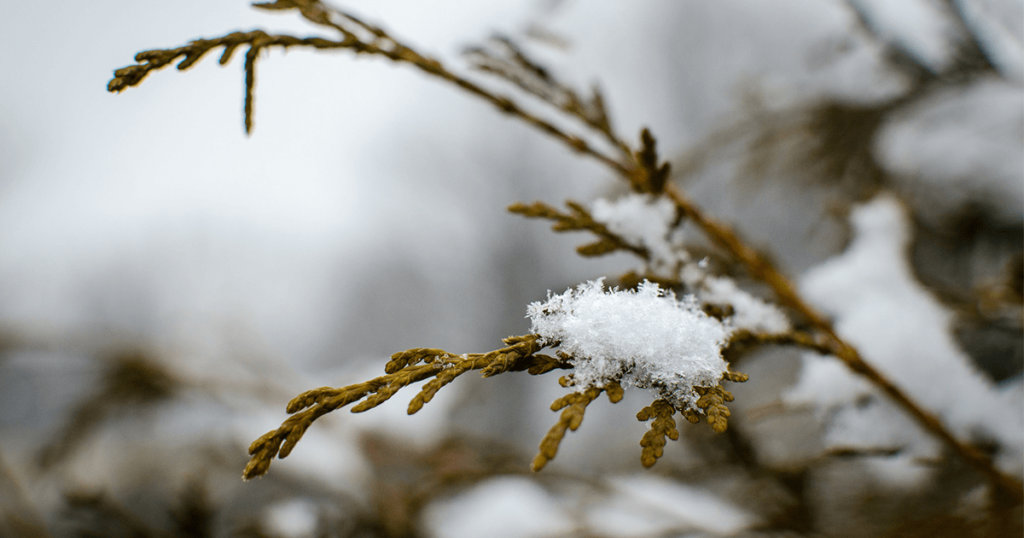
Skating, Ruth flew and, flying, she was free.
—John Updike, Marry Me, 1976
To dine, drink champagne, make a racket, and deliver speeches about national consciousness, the conscience of the people, freedom, and such things, while slaves in tail-coats are running round your tables, veritable serfs, and your coachmen wait outside in the street, in the bitter cold—that is lying to the Holy Ghost.
—Anton Chekhov, notebook entry, February 19, 1897 (tr. by S. S. Koteliansky and Leonard Woolf)
Francis, perhaps, who lay in sister snow
Before the wealthy gate
Freezing and praising, might have seen in this
No trifle, but a shade of bliss—
That land of tolerable flowers, that state
As near and far as grass
Where eyes become the sunlight, and the hand
Is worthy of water: the dreamt land
Toward which all hungers leap, all pleasures pass.
—Richard Wilbur, “A Baroque Wall-Fountain in the Villa Sciarra,” 1955
Art is here to prove, and help one bear, the fact that all safety is an illusion.
—James Baldwin, “The Artist’s Struggle for Identity,” 1963
One day when my shawls were falling off to the left, my cushions falling out to the right and the duvet off my knees, one of those crises of misery in short, which are all in the day’s work for an invalid Kath. exclaimed, “What an awful pity it is that you can’t say damn.” I agreed with her from my heart. It is an immense loss to have all robust and sustaining expletives refined away from one! At such moments of trial refinement is a feeble reed to lean upon.
—Alice James, diary entry, December 12, 1889
Great is the power of steady misrepresentation; but the history of science shows that fortunately this power does not long endure.
—Charles Darwin, The Origin of Species (6th edition), 1872
The sky, low and pale-gray above the valley, dissolved into relentless flakes that fell without sound and in immoderate, almost disquieting abundance. It grew colder by the hour. Then came a morning when Hans Castorp found it was forty-eight degrees in his room, and the next morning it was only forty-three degrees. … The days were dim, the sun visible only as a wan glow behind the veil of gray. But the snow provided indirect, gentle light—a milky luster that suited this world and its people, even if noses were red under white or brightly colored caps.
—Thomas Mann, The Magic Mountain, 1924 (tr. by John E. Woods)
He seemed never to tire of his work. He watched steadily and managed to give the impression that he was a secret agent of the Department of Justice. Spotting a flicker or a starling on the wing, he would turn and make a quick report. “I just saw an eagle go by,” he would say. “It was carrying a baby.” This was not precisely a lie. Fred was like a child in many ways, and sought always to blow things up to proportions that satisfied his imagination and his love of adventure. He was the Cecil B. DeMille of dogs.
—E. B. White, “Bedfellows,” February 1956
If you put ice on your skin, your skin turns pink. Your body sends blood there. If you think about that in terms of writing, cool writing draws us, draws our heat.
—Kay Ryan, The Paris Review, Winter 2008
By suppertime all that remains is the scent
of balsam fir. If it’s darkness
we’re having, let it be extravagant.
—Jane Kenyon, “Taking Down the Tree,” Let Evening Come, 1990
Do you want to know how I pass my time? — I rise at eight — thereabouts — & go to my barn — say good-morning to the horse, & give him his breakfast. (It goes to my heart to give him a cold one, but it can’t be helped.) Then, pay a visit to my cow — cut up a pumpkin or two for her, & stand by to see her eat it — for it’s a pleasant sight to see a cow move her jaws — she does it so mildly & with such a sanctity. — My own breakfast over, I go to my work-room & light my fire — then spread my M.S.S. on the table — take one business squint at it, & fall to with a will.
—Herman Melville, letter to Evert Duyekinck, December 16, 1850
After the American Civil War broke out in 1861, the Union blockaded the southern states and in so doing, stopped the flow of ice. The sweltering southern states suddenly found themselves in desperate need of artificial cold.
Soon ice-making machines, based on Carre’s design, were being smuggled through the blockade.
These new devices used ammonia as a refrigerant and could churn out 400 lbs (181 kg) of ice per hour. Carre’s machines were smuggled all the way from France to Georgia, Louisiana and Texas.
By 1870 the southern states made more artificial ice than anywhere else in the world.
—Steven Johnson, “Creating Cold,” BBC News, February 18, 2015
The holly and the mistletoe must be taken down and burnt,
And the children got ready for school. There are enough
Left-overs to do, warmed-up, for the rest of the week —
Not that we have much appetite, having drunk such a lot,
Stayed up so late, attempted — quite unsuccessfully —
To love all of our relatives, and in general
Grossly overestimated our powers …
—W. H. Auden, For the Time Being: A Christmas Oratorio, 1942
In every work of genius we recognize our own rejected thoughts; they come back to us with a certain alienated majesty.
—Ralph Waldo Emerson, “Self-Reliance,” 1841
Though I lack the art
to decipher it,
no doubt the next chapter
in my book of transformations
is already written.
I am not done with my changes.
—Stanley Kunitz, “The Layers,” 1978
The purpose of a university should be to make a son as unlike his father as possible.
—Woodrow Wilson, 1909

